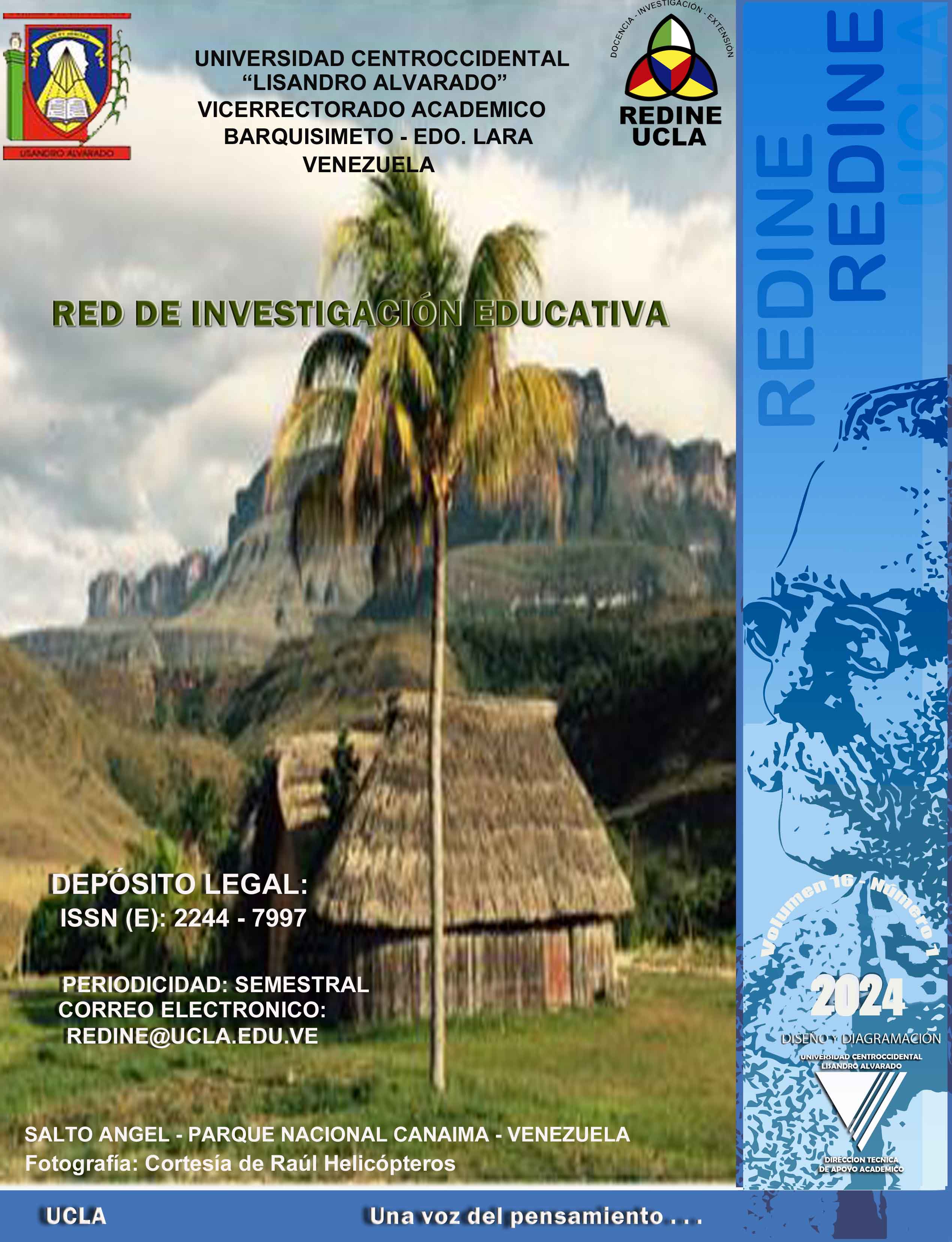Cohabitability of human reality in post-pandemic times
DOI:
https://doi.org/10.5281/zenodo.10426278Keywords:
Covid-19 pandemic, cohabitable reality, ontological perspective, axiological considerationsAbstract
The classification of a pandemic by the World Health Organization (WHO) with respect to Covid-19 constitutes a universal contingency of singular importance, it has called for the need to examine the foundations on which humanity has been built and in particular, on this side of the world, Western culture, leading to a critical review that invokes many questions, including the philosophical order. This article, assumed from the documentary method forged by consulting various theorists, including Morin (1999), Kosik (1965) and Sorokin (1970), reflects on the ontological perspectives of reality, captured from the empiricist or rational perception, but without dismissing the spiritual, suprarational and intuitive vision. In this way, one reflects on the world as reality and axiological considerations are made regarding the ontological dilemma that undoubtedly lead to evaluative deliberations of an ethical nature. Likewise, the condition of love is explored as ferment and driving force that encourages any possibility of change, arising in consideration of the recognition of the other and respect for biodiversity. Finally, it is concluded about the importance of producing a turn of the helm that allows to modify the patterns of thought, proposing the approach of issues such as exclusion, self-determination, human rights, visibility of minorities, and recomposition of relations between peoples, through criteria that respect diversity.
Downloads
References
Borges, J. (1974). Obras Completas. Buenos Aires: Emecé.
Briceño, J. (2007). ¿Qué es la filosofía? La Castalia: Mérida.
From, E. (1980). Obras Completas. Buenos Aires: Paidos.
Fuentes, C. (2004). En esto Creo. Barcelona: Seix Barral.
García, J. (1981). Elementos de Filosofía. Caracas: Ediciones de la Biblioteca Universidad Central de Venezuela.
Kosik, C. (1965). Dialéctica de lo Concreto. México: Grijalbo.
Morin, E. (1999). Los Siete Saberes Necesarios para la Educación del Futuro. París: UNESCO.
Navarro, C. (2016). Función y Vigencia de las Narrativas Míticas. En-Claves del pensamiento, año X, núm. 20,
diciembre, 2016, pp. 39-56.
Ordine, N. (2020, octubre 16). El Coronavirus nos Muestra que las Personas no son Islas.Diario La Vanguardia.
Entrevista por XavyAyen. Barcelona. https://www.lavanguardia.com/cultura/
/474180133280/conversaciones-pandemia-nuccio-ordine-coronavirus.html.
Peña, V. (1976). Ontología. En Diccionario de Filosofía Contemporánea. Miguel A Quintanilla. Compilación. Salamanca: Ediciones Sígueme.
Platón. (1966). La República. Traducción, Juan Bergua. Madrid: Clásicos Bergua.
Rossi, A. (2009). Manual del Distraído. México: Random House Mondadori.
Sorokin, P., Russell, B., Mumford, L., Haldane, J., Oppenheimer, J.,… Radhakrishnan, S. (1970).
Mi Filosofía es el Integralismo. (Ed), Ideas Que Hicieron Nuestro Tiempo, (151-166). Caracas: Monte Ávila Editores.
Published
How to Cite
Issue
Section

This work is licensed under a Creative Commons Attribution-NonCommercial-ShareAlike 4.0 International License.
Copyright from the year of publication
This work is licensed under a:
Creative Commons Reconocimiento-NoComercial-CompartirIgual 4.0 Internacional (CC BY-NC-SA 4.0)
The opinions expressed by the authors do not necessarily reflect the views of the publication's editor or UCLA. Total or partial reproduction of the texts published here is authorized, provided that the complete source and the electronic address of this journal are cited. Authors have the right to use their articles for any purpose, provided it is done on a non-profit basis. Authors may publish the final approved version of their work online or in any other medium after it has been published in this journal.




